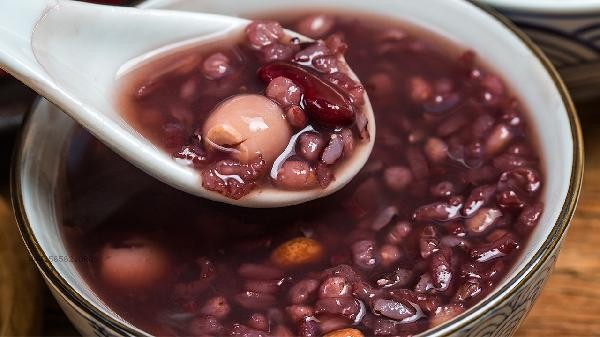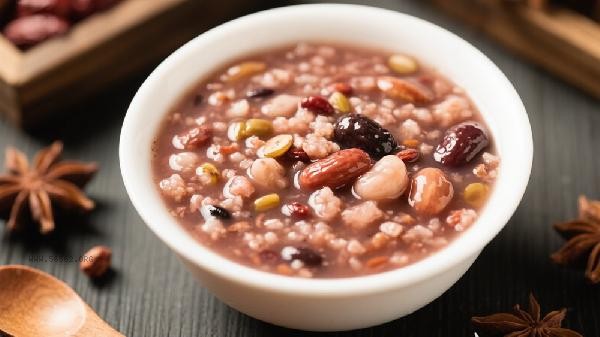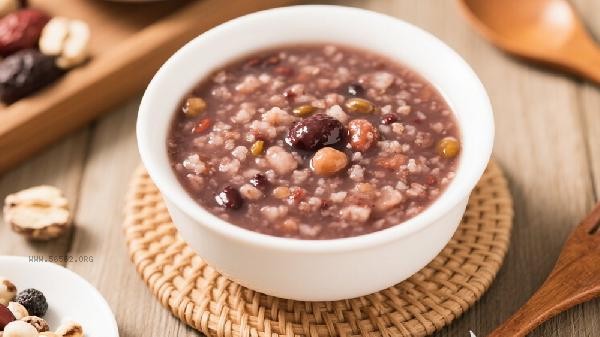Laba Congee and Babao Congee are not the same kind of food. There are obvious differences in raw materials, cultural background and eating customs between the two. Laba Congee is a traditional seasonal food on the eighth day of the twelfth lunar month. It is usually made of grains and beans; Babao Congee is a daily dessert with more free choice of ingredients, which is commonly sold in canned products.

The raw materials of Laba Congee have specific cultural symbolic meanings. The traditional formula contains eight main ingredients, including glutinous rice, red beans, peanuts, lotus seeds, red dates, which correspond to the Buddhist "eight treasures". Some regions will add seasonal ingredients such as longan and chestnuts, but the core is to commemorate the religious connotation of Shakyamuni's enlightenment. The cooking process emphasizes the heat, and the finished product tends to be thick and thick. It is often eaten as a holiday breakfast.

As a modern industrial food, Babao Congee has no strict specification for the combination of raw materials, and often contains non-traditional ingredients such as tremella, job's tears, and medlar. Commercial products add sugar and thickeners to extend their shelf life, resulting in a sweet and greasy taste. Some health care versions emphasize the diversity of ingredients, but lack a sense of cultural ritual. They can be eaten all year round and are mostly used as instant Dim sum.

It is suggested to choose according to needs: Laba Congee is preferred when pursuing the sense of traditional festival rituals, and attention should be paid to controlling sugar intake; Low sugar Babao Congee can be selected for daily supplement of miscellaneous grain nutrition, but you need to check the ingredient list to avoid excessive additives. Both types of Congee belong to high carbon water food. Patients with diabetes should take it carefully. Those with weak gastrointestinal function are suggested to extend the cooking time to promote digestion and absorption.








Comments (0)
Leave a Comment
No comments yet
Be the first to share your thoughts!